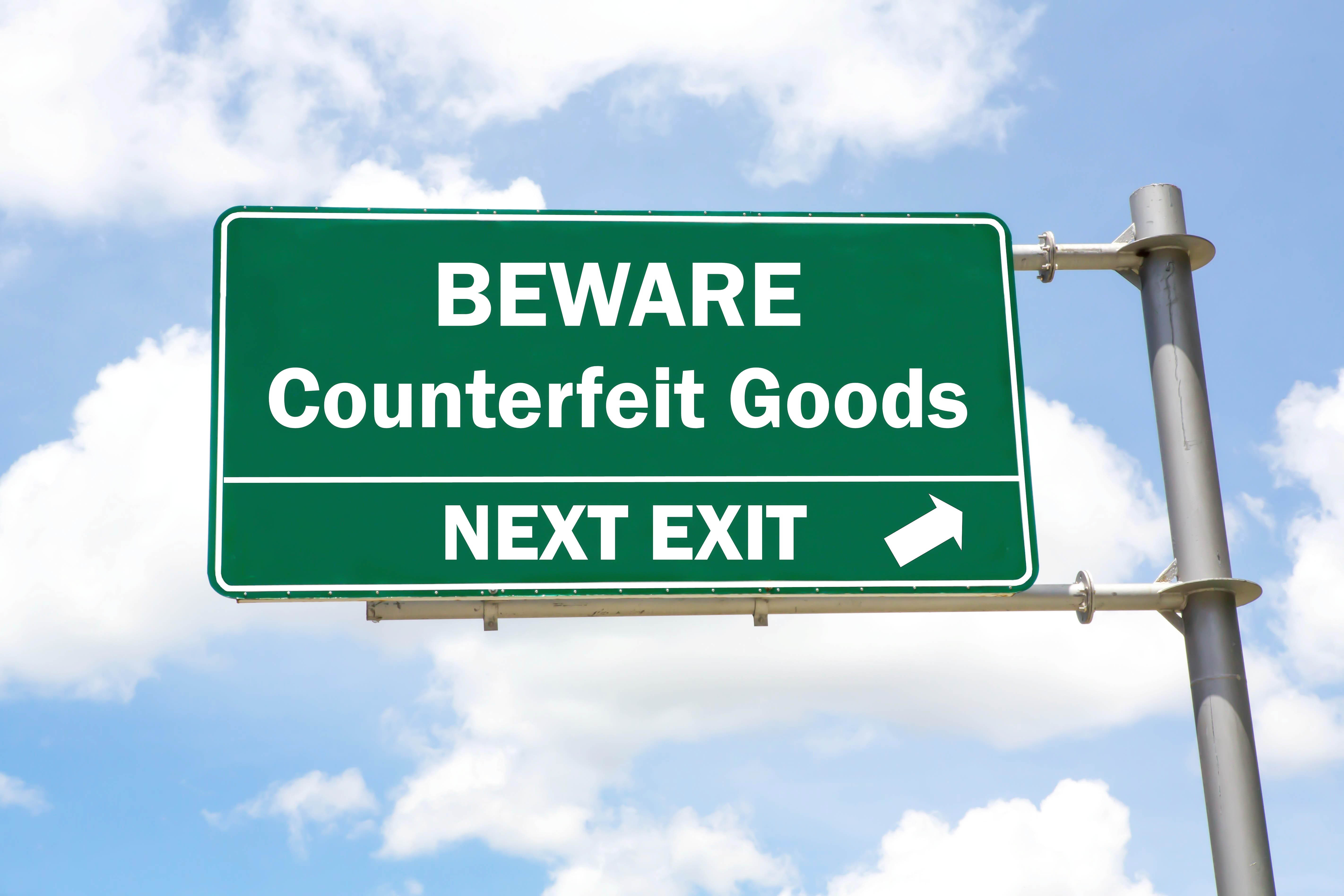Europol went public with a report on the ongoing counterfeiting, and what came out should be an eye-opener. The cross-national police force was working with European Union Intellectual Property Office (EUIPO), and their investigations came to one conclusion; professional syndicates organize most of these crimes.
This was the first-ever Intellectual Property Crime Threat Assessment covered the entire European Union. And the watchdogs are warning that the demand for fake goods offers these syndicates a chance to rake in huge profits. And they walk away with their crimes unpunished.
Making a note of the increase in the presence of fake products across the Union, the study mentions that most of the counterfeits flooding the EU are produced elsewhere, mostly Asia, and not within the Union.
More findings of the investigation highlighted that besides the most counterfeited categories like apparel, shoes, and luxury products, these syndicates are producing fakes that could be potentially hazardous to human health like pirated pharmaceuticals.
Another sector being targeted by copycats is the electronics and tech industry. There’s an upsurge in the number of pirated smartphones and computer accessories that EU customers buy online and receive from various countries in Asia involved in these scams.
Counterfeiting of food is also a sticking point among members of the European Union. Most of the 28 nations in the block, have become a ready market for bogus baby formula powder, cheese, olive oil, pasta, and coffee. Some of these products have even found their way into major malls and big box stores.
Meanwhile, the scrutiny also found that luxury goods, apparel, and beauty accessories remain the most counterfeited categories in the European Union. These market segments are the most exploited because such items can be effortlessly ordered online and delivered to shoppers through postal or courier services.
These findings derived from data collected across the Union and tactical intelligence analysis, also discovered that prohibited digital content are circulating the member countries through cyberlockers, BitTorrent networks, and peer-to-peer platforms.
According to Catherine De Bolle, Europol Executive Director, “this investigation reveals that piracy and counterfeiting aren’t victimless fraud.
“Controlled crime syndicates who manufacture and trade in these goods belittle the quality of authentic products and sell items that compromise the safety and health of EU consumers.”
“Europol will join forces with EU member states to crack down on these criminal syndicates and bring them to justice.”
Final Words
Consumer health and safety should remain a priority in all marketplaces. Shoppers from EU member states must be protected, and this study was an excellent place to bring awareness to this startling situation, so these criminals are ultimately stopped.


